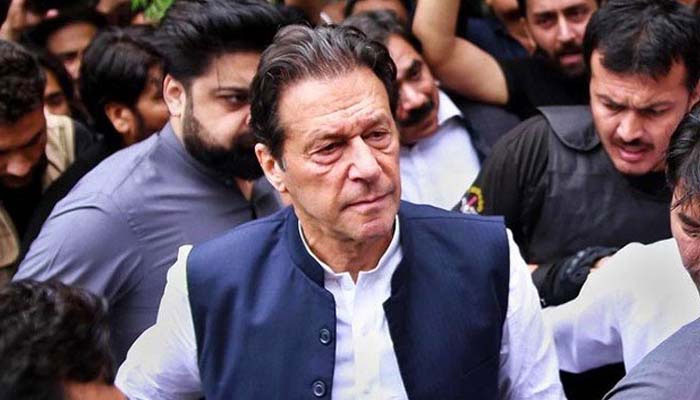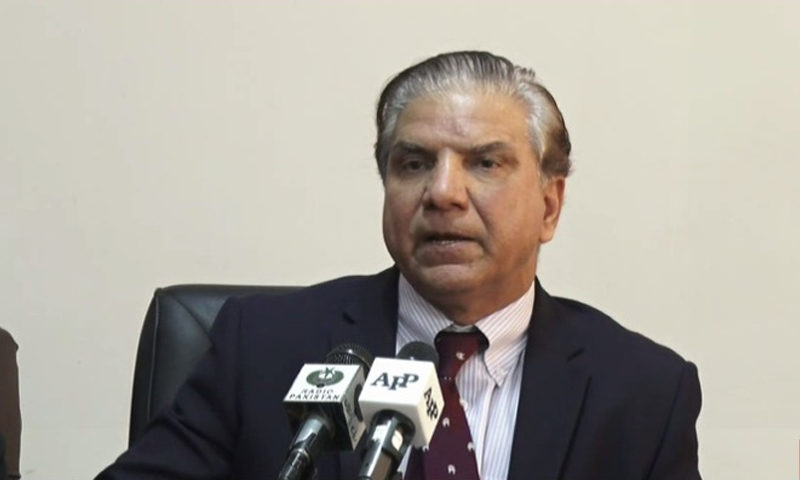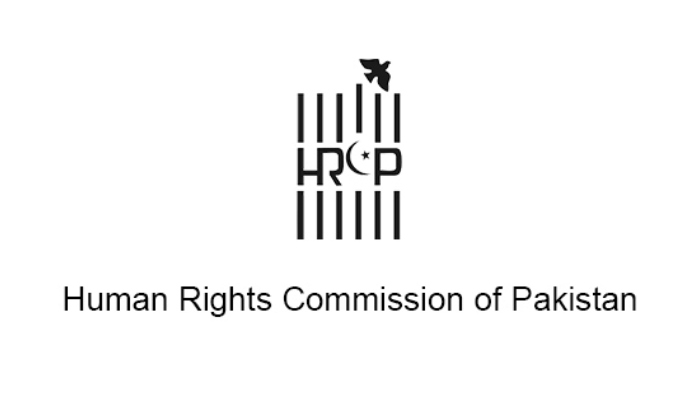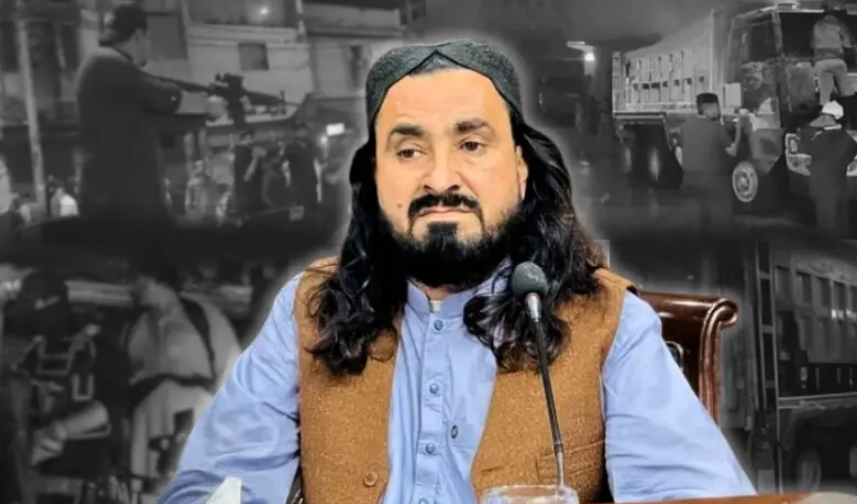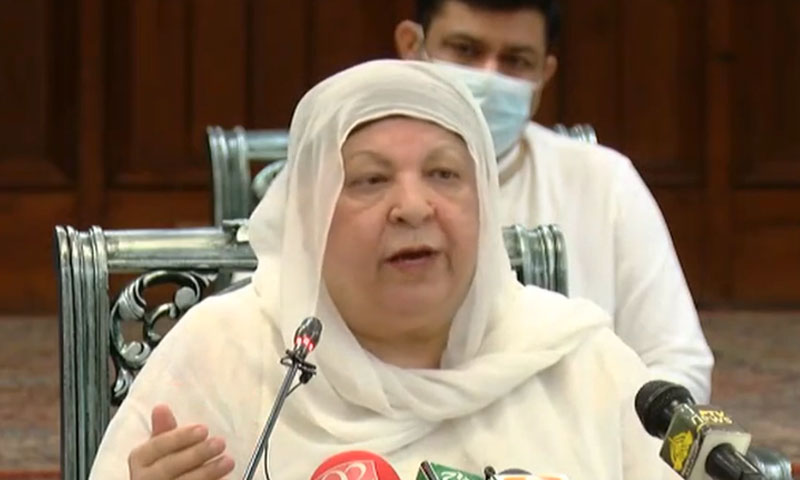LEGAL
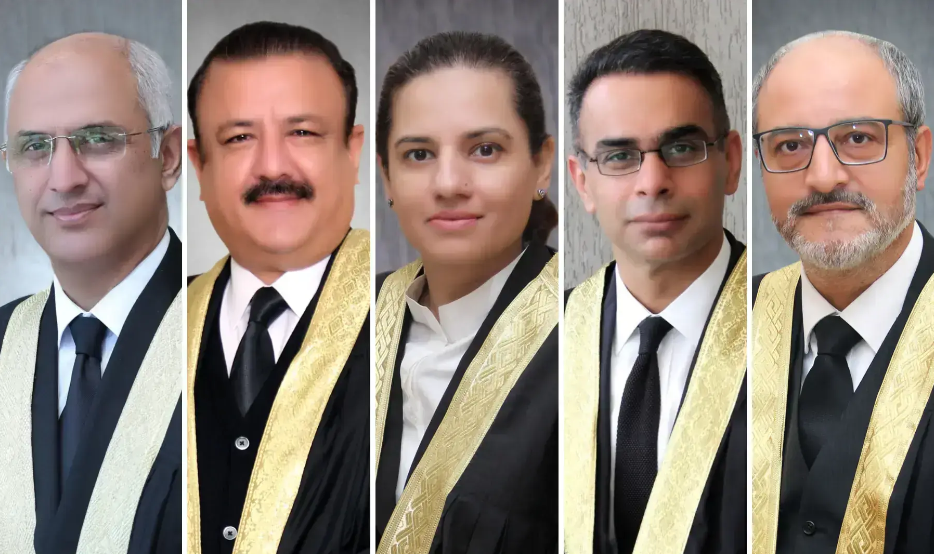
The Federal Constitutional Court (FCC) on Monday dismissed several intra-court appeals—most notably one filed by five Islamabad High Court (IHC) judges—after their counsels failed to appear during proceedings in a high-profile judges’ transfer case. The appeals concerned the transfer of three judges from various high courts to the Islamabad High Court, a move earlier upheld by the now-defunct Constitutional Bench (CB) of the Supreme Court.
The FCC, formed under the 27th Constitutional Amendment, took up the matter for the first time, with a six-member bench headed by Chief Justice Aminuddin Khan and comprising Justices Syed Hasan Azhar Rizvi, Ali Baqar Najafi, Muhammad Karim Khan Agha, Rozi Khan Barrech, and Arshad Hussain Shah.
Six Appeals Dismissed One by One
As proceedings began, the court associate announced the names of lawyers representing nine different petitioners. When several did not appear, the FCC dismissed six appeals individually for non-prosecution. These included the appeal filed by IHC Justices Mohsin Akhtar Kayani, Babar Sattar, Sardar Ejaz Ishaq Khan, Saman Rafat Imtiaz, and Tariq Mehmood Jahangiri—none of whom were present.
Other rejected pleas included those filed by Tahir Faraz Abbasi, Raja Muqsit Nawaz Khan, PTI founder Imran Khan (through counsel Idrees Ashraf), the Lahore High Court Bar Association (LHCBA), the Lahore Bar Association (LBA), the Karachi Bar Association, Muhammad Shoaib Shaheen, and Riasat Ali Azad.
Three Appeals Adjourned Indefinitely
From the nine pleas, the FCC adjourned three for an indefinite period, including Imran Khan’s appeal. His counsel argued that the recent constitutional changes under the 27th Amendment required him to seek fresh instructions from the incarcerated former prime minister. He requested court orders to facilitate a meeting with Imran Khan.
However, Chief Justice Aminuddin denied the request, stating that the counsel must approach the forum that had sentenced Imran Khan, as the matter did not fall within the FCC’s jurisdiction. The counsel insisted that an FCC directive would constitute “complete justice” under Article 187, but the court maintained its stance.
Similarly, a plea by the LHCBA and LBA was also adjourned after Advocate Ajmal Toor—appearing for senior counsel Hamid Khan—requested more time due to the latter’s unavailability.
Background: Judges Transfer Controversy
The case stems from the Supreme Court’s now-defunct CB’s 3–2 majority judgment issued on June 19, which held that transferring Justice Sardar Mohammad Sarfraz Dogar (LHC), Justice Khadim Hussain Soomro (SHC), and Justice Muhammad Asif (BHC) to the IHC was constitutionally valid. The transfers altered the seniority list within the IHC, making Justice Dogar the senior puisne judge, enabling his appointment as acting—and subsequently the permanent—chief justice of the IHC.
Five IHC judges had challenged this decision, arguing that the CB had mistakenly interpreted Article 200 by reading “permanent” into the constitutional text, despite no such term appearing in the provision. Their appeal claimed that Article 200 transfers were meant to be temporary and that the judgment undermined the Judicial Commission of Pakistan’s appointment authority under Article 175A.
Imran Khan’s petition also argued that the June 19 judgment weakened constitutional safeguards designed to protect judicial independence.
Miscellaneous Petition Not Taken Up
On Saturday, the five IHC judges filed a separate miscellaneous petition urging the FCC to return their appeal to the Supreme Court, contending that the matter constitutionally fell under the apex court’s jurisdiction and that the 27th Amendment contradicted the Constitution itself. However, since the main appeal was dismissed today, the FCC noted that there was no occasion to hear the miscellaneous plea.
The dismissal of these appeals leaves unresolved concerns over the scope of judicial transfers, constitutional interpretation of Article 200, and the impact of the 27th Amendment on the appellate structure—issues likely to shape judicial discourse in the months ahead.
